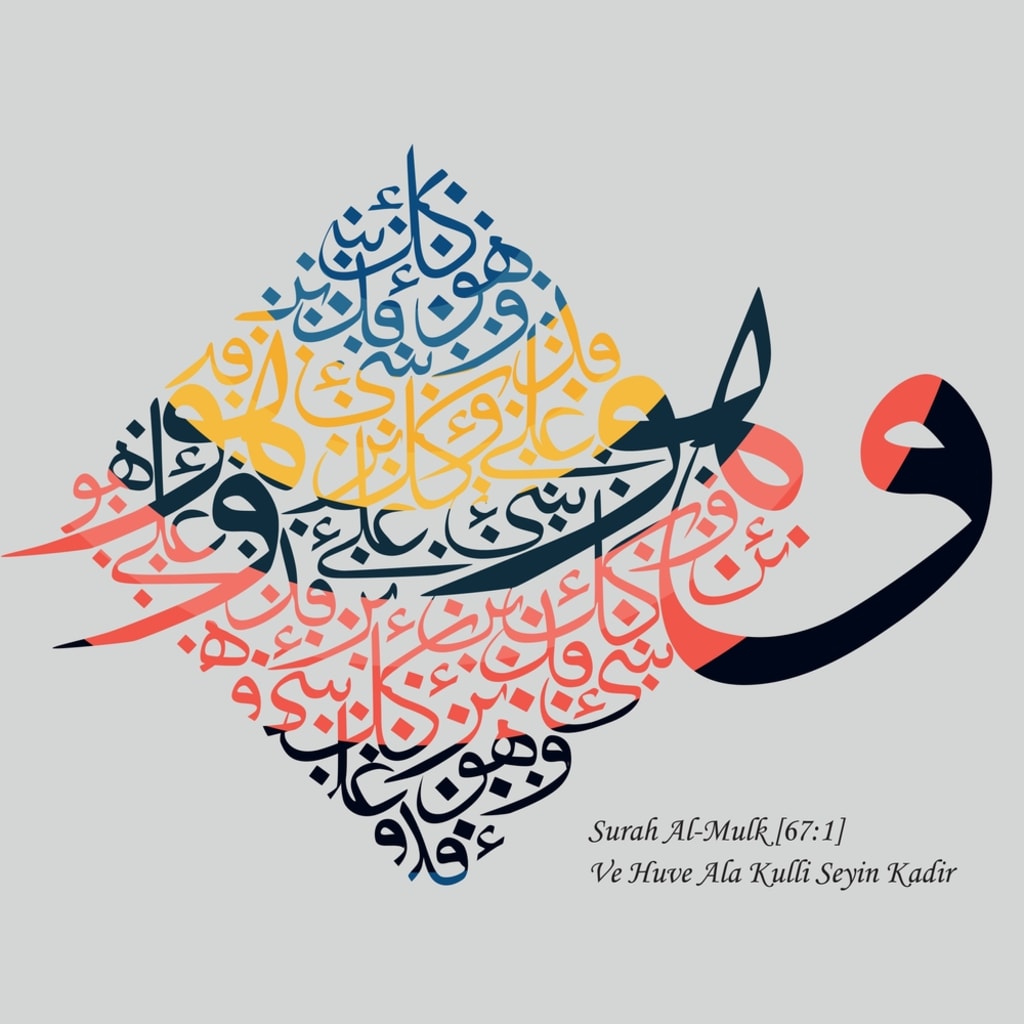
In the Islamic tradition, worship is not merely a ritualistic practice but a profound connection between the believer and their Creator. Central to this connection are the emotions of hope and fear – two sentiments intricately intertwined in the spiritual journey of a believer. Surah Al-Mulk, the 67th chapter of the Quran, offers profound insights into the delicate balance of hope and fear in worship, guiding believers on their path towards spiritual fulfillment and closeness to Allah (SWT).
Understanding Hope and Fear in Worship
Hope and fear are fundamental emotions deeply rooted in human nature. In the context of worship, hope refers to the optimistic expectation of Allah's mercy, forgiveness, and rewards for sincere devotion and righteous deeds. It fuels the believer's aspirations for Paradise and eternal bliss. Conversely, fear entails a sense of awe, reverence, and apprehension of Allah's punishment for disobedience and transgressions. It serves as a deterrent against sin and motivates believers to seek repentance and divine guidance.
Surah Al-Mulk: A Beacon of Guidance
Surah Al-Mulk, comprising thirty verses, eloquently illustrates the balance between hope and fear in worship. It begins with the affirmation of Allah's absolute sovereignty over the heavens and the earth, instilling awe and reverence in the hearts of believers. The surah highlights the signs of Allah's creation and His omnipotence, inviting reflection and contemplation upon the magnificence of His divine power.
Hope: The Gateway to Mercy
Surah Al-Mulk encapsulates numerous verses that evoke hope in the mercy and benevolence of Allah. For instance, verse 2 states, "He who created death and life to test you [as to] which of you is best in deed – and He is the Exalted in Might, the Forgiving." This verse underscores the profound wisdom behind life's trials and tribulations, instilling hope in Allah's forgiveness and benevolence towards His servants.
Furthermore, Surah Al-Mulk assures believers of Allah's boundless mercy and compassion, as exemplified in verse 14: "Is He who created [the heavens and the earth] not able to create the likes of them? Yes, [it is so]; and He is the Knowing Creator." This reassurance ignites hope in the hearts of believers, reminding them that Allah's mercy knows no bounds, and His power encompasses all things.
Fear: A Guardian Against Transgression
While Surah Al-Mulk instills hope in Allah's mercy, it also serves as a stark reminder of the consequences of disobedience and heedlessness. Verses 10-11 caution against arrogance and defiance, stating, "And they denied them, though their inner-selves acknowledged them, out of pride. So see how was the end of the wrongdoers." These verses evoke a sense of fear and humility, prompting believers to guard against arrogance and heedlessness, lest they meet a similar fate.
Moreover, Surah Al-Mulk elucidates the reality of accountability in the Hereafter, urging believers to heed the warnings and guidance provided therein. Verse 15 emphasizes the inevitability of reckoning, stating, "He who made for you the earth like a bed [spread out] and the sky as a canopy and sent down from the sky rain and brought forth thereby fruits as provision for you, so do not attribute to Allah equals while you know [that there is nothing similar to Him]." This verse underscores the solemnity of the Day of Judgment and the accountability of every soul for its deeds.
The Balance: Hope and Fear in Harmony
Surah Al-Mulk beautifully encapsulates the balance between hope and fear in worship, guiding believers towards a holistic approach to devotion. It encourages them to nurture hope in Allah's mercy while maintaining a healthy sense of fear and reverence for His majesty and justice.
This delicate balance serves as a guiding light in the spiritual journey of a believer, fostering humility, gratitude, and obedience. By embracing hope and fear in worship, believers cultivate a deep-seated connection with their Creator, seeking His pleasure and refuge from His wrath.
In conclusion, Surah Al-Mulk exemplifies the profound wisdom of Islam, illuminating the path towards spiritual fulfillment through the balance of hope and fear in worship. As believers navigate the complexities of life, may they find solace and guidance in the timeless teachings of the Quran, and may their hearts be adorned with hope in Allah's mercy and awe of His majesty.






Comments
There are no comments for this story
Be the first to respond and start the conversation.